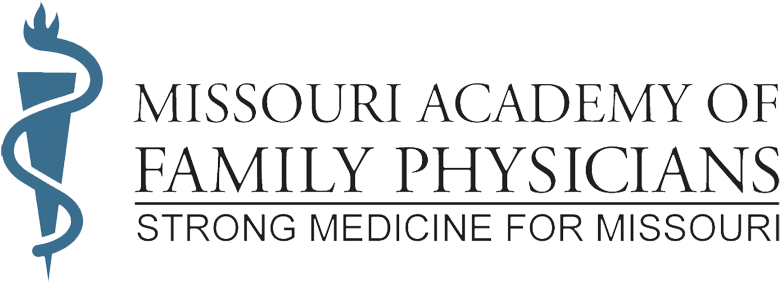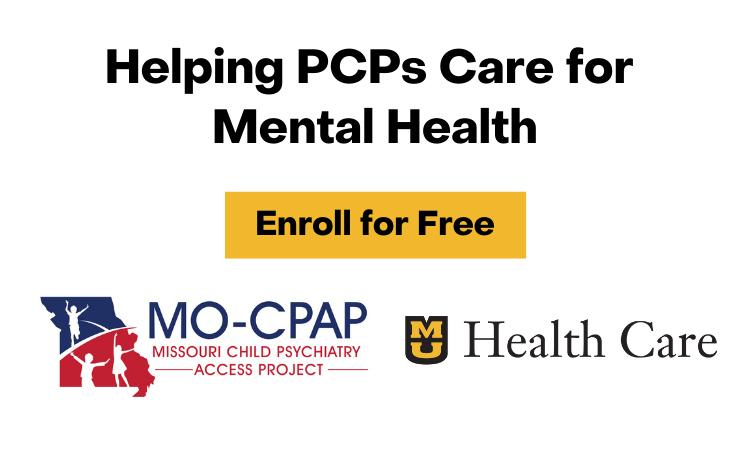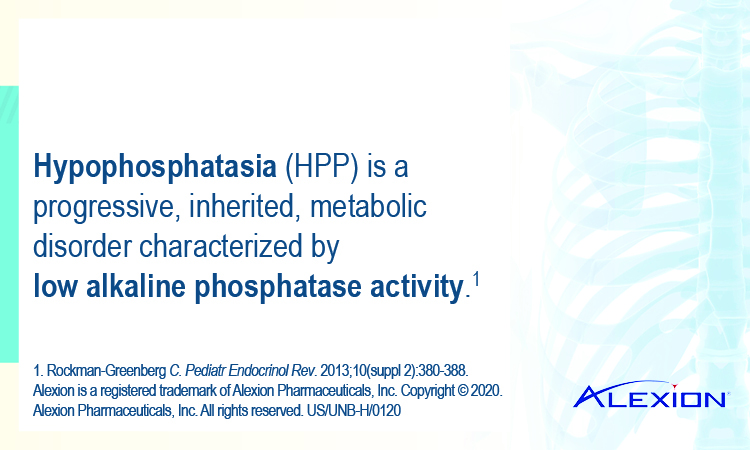Medical Marijuana: What to Tell Your Patients
Medical marijuana (Constitutional Amendment 2) was passed by Missouri voters. Yet, it is still illegal on the federal level. How does this impact you and your patients? The points below may help you understand the rules process and what to tell your patients.
The effective date of enacting Amendment 2 is December 6, 2018, but the practical effects of the Amendment will take some time for the Missouri Department of Health and Senior Services (DHSS) to craft the rules which could take up to 6 months.
- By June 6, 2019, the Department of Health and Senior Services must have application forms available for individuals who wish to become “qualifying patients”.
- DHSS must begin accepting these applications by July 6, 2019.
- The application for a qualifying patient must be accompanied by a Physician Certification that is less than 30 days old.
- As per the amendment, a “qualifying patient” must have a condition or symptom of, or side effect related to the treatment of:
- cancer
- epilepsy
- glaucoma
- intractable migraines unresponsive to other treatment
- a chronic medical condition that causes severe, persistent pain or persistent muscle spasms, including but not limited to those associated with multiple sclerosis, seizures, Parkinson’s disease, and Tourette’s syndrome
- rehabilitating psychiatric disorders, including but not limited to, post-traumatic stress disorder, if diagnosed by a state-licensed psychiatrist
- human immunodeficiency virus or acquired immune deficiency syndrome
- a chronic medical condition that is normally treated with a prescription medication that could lead to physical or psychological dependence, which a physician determines that medical use of marijuana could be effective in treating that condition and would serve as a safer alternative to the prescription medication
- any terminal illness
- in the professional judgment of a physician, any other chronic, debilitating or other medical condition, including but not limited to, hepatitis C, amyotrophic lateral sclerosis, inflammatory bowel disease, Crohn’s disease, Huntington’s disease, autism, neuropathies, sickle cell anemia, agitation of Alzheimer’s disease, cachexia, and wasting syndrome.
- A “Physician Certification” is a written or electronic document signed by a physician that states that in the physician’s professional opinion, the patient suffers from a qualifying medical condition from the above list. It is not a “Prescription” for medical cannabis and is not an affirmation that the physician feels that marijuana will be effective or is indicated for the condition.
- Questions that still remain unclear include (but not limited too):
- Will we be required to certify that a person has one of the listed diagnoses? We hope so.
- Will we be allowed to add a statement to the Physician Certification that we feel Cannabis is or is not medically indicated for the condition? Again, we hope so.
- Will mid-level providers be able to provide the Physician Certification? Probably yes, based on the collaborative practice arrangement. Hopefully this will be defined in the rules making process — MAFP will monitor the rules making process and provide feedback to DHSS.
- A response to patients calling your clinic could be: “At our clinic, we are following this issue carefully for our patients, and should have additional information by June.”
- Based on your discretion, since this is a charged issue for many, any further comments should be discussed face to face rather than over the phone, via the HER, or email.
- On another controversial, but related, issue, according to KMBC News, medical marijuana patients are federally barred from buying firearms. The questions on the firearm application states “gun purchase specifically says that using or possessing marijuana is illegal under federal law, regardless if it is OK for medicinal or recreational use in any state.”
- Other helpful resources
- Medical Cannabis: History, Pharmacology, and Implications for the Acute Care Setting, P&T, March 2017, Vol. 42, No. 3.
- National Institute of Health, Marijuana and Cannabinoids
- American Family Physician, Effectiveness, Adverse Effects, and Safety of Medical Marijuana, November 15, 2015.
- References:
- Missouri State Medical Association, Legislative Report, November 7, 2018
- KMBC News, Medical Marijuana Patients Federally Barred from Buying Firearms, Michael Mahoney, November 10, 2018



